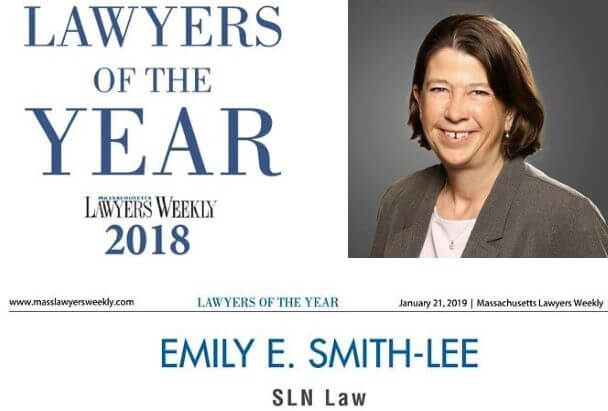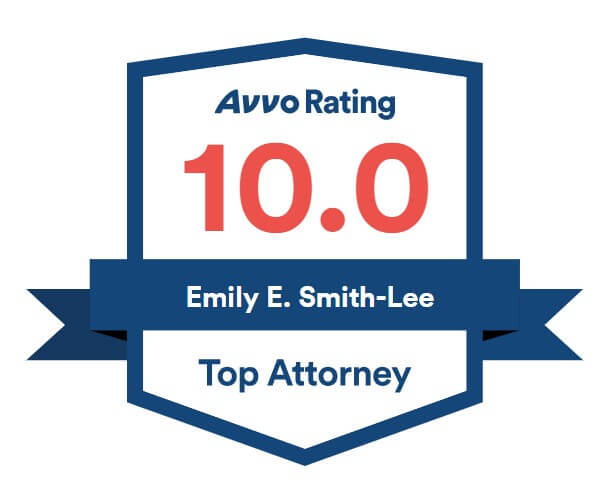Demystifying Civil Lawsuit Discovery: Your Comprehensive Guide
Understanding Civil Lawsuit Discovery ProcessWelcome to our comprehensive guide on civil lawsuit discovery, a fundamental aspect of legal proceedings. The exchange of relevant information, known as "discovery," is a critical phase in a civil case. Its purpose is to ensure both parties disclose essential information well before trial, allowing attorneys to build their cases based on complete information.
While attorneys are well-versed in this process, it can be surprising for individuals new to litigation. It's important to note that discovery rules apply to all parties involved. If you find yourself overwhelmed by the information requests from the opposing side, remember that your attorneys are subject to the same rules. The Sequence of DiscoveryWhile the specific timing may vary depending on the court, the general sequence of discovery events typically unfolds as follows:
Preservation of EvidenceOne crucial aspect that people may overlook is the duty to preserve relevant evidence as soon as you become aware of potential litigation. This duty applies to all relevant evidence, even if it might be detrimental to your case.
Failure to preserve evidence, once litigation or potential litigation is anticipated, can result in severe consequences, referred to as "spoliation." These consequences may include:
Your attorney can guide you on whether the information you possess should be turned over during discovery. Keep in mind that the existence of a document doesn't necessarily mean it's responsive to a discovery request. In the meantime, ensure that you retain all relevant documents and do not discard, overwrite, or delete any information. Be diligent in sharing relevant documents with your attorney. Document RequestsDocument requests are among the most crucial written discovery tools in civil litigation. Each side can request copies of various documents relevant to the case's issues. These requests can range from highly specific to broad, aiming to cover any relevant materials.
Your attorney has the option to object to these requests. Objections can be either blanket objections for entire document categories or conditional objections that narrow or define what you've agreed to produce. Typically, requests are intentionally broad, drawing objections that lead to negotiations regarding the scope of production. If an agreement cannot be reached, the requesting party can file a motion to compel, and the court will decide what's reasonable and relevant. It's worth noting that the term "document" in discovery encompasses a wide range of materials, including printed documents, electronic files, email messages, social media posts, text messages, and more. Essentially, any readable information stored somewhere qualifies as a "document." |
We're Here to Help.OR
|
Questions About What Discovery Looks Like in a Civil Lawsuit?
Our Solutions Roadmap is a quick and easy way to share the details of what you are facing and receive preliminary feedback from a member of our team. Use the button below to get started- it is 100% confidential and 100% free.
Interrogatories
Interrogatories represent another common written discovery tool. Attorneys submit written questions, usually limited to 25-30 depending on the court, which the opposing party must answer in writing under the pains and penalties of perjury.
Your attorney will handle the wording of these responses, but your active involvement in providing information is crucial. These answers effectively constitute your sworn testimony. While it may seem like a lengthy list of questions, it's essential that your responses accurately reflect your knowledge and testimony. Answering interrogatories is also an opportunity for you and your attorney to delve into the facts in detail, benefiting both discovery and litigation strategy.
Your attorney will handle the wording of these responses, but your active involvement in providing information is crucial. These answers effectively constitute your sworn testimony. While it may seem like a lengthy list of questions, it's essential that your responses accurately reflect your knowledge and testimony. Answering interrogatories is also an opportunity for you and your attorney to delve into the facts in detail, benefiting both discovery and litigation strategy.
Requests for Admissions
While not always used, requests for admissions can be a potent, albeit risky, discovery tool. Either party can serve factual assertions, asking the opposing side to admit or deny them. If you possess the necessary knowledge to admit or deny, you're required to do so.
Requests for admissions serve two critical purposes:
Requests for admissions serve two critical purposes:
- Locking in Facts: A well-crafted request for admissions can "lock in" the other party regarding facts that may not be the ultimate issues but are vital building blocks of your case.
- Timeliness Matters: Failure to answer requests for admissions within 30 days can result in the court deeming the factual statements admitted. This differs from other forms of written discovery, where parties usually confer on disagreements and seek court guidance if needed. Noncompliance with requests for admissions has automatic consequences.
Depositions
Depositions typically occur after responses to the previously mentioned written requests. A deposition is a form of sworn testimony conducted outside of the courtroom, often at the opposing attorney's office. Since the pandemic, virtual depositions conducted over video-conferencing platforms like Zoom have become common. A court reporter is present, making a record of the proceedings. While less formal than court testimony, depositions are a critical part of discovery.
A deposition is not the same as your trial testimony. It serves as an opportunity for the opposing party to ask you questions and understand your potential testimony. During a deposition, your role is to provide truthful answers to the questions posed. Your attorney will be present to represent your interests.
Towards the end of the opposing party's questioning, your attorney may ask follow-up questions to clarify any confusing or inaccurate statements. Keep in mind that deposition testimony is part of the discovery process and doesn't require you to reveal your entire case; you only need to answer questions truthfully.
A deposition is not the same as your trial testimony. It serves as an opportunity for the opposing party to ask you questions and understand your potential testimony. During a deposition, your role is to provide truthful answers to the questions posed. Your attorney will be present to represent your interests.
Towards the end of the opposing party's questioning, your attorney may ask follow-up questions to clarify any confusing or inaccurate statements. Keep in mind that deposition testimony is part of the discovery process and doesn't require you to reveal your entire case; you only need to answer questions truthfully.
Meet Our Trial Attorneys

Emily Smith-Lee is the owner and founder of slnlaw. She is a 1996 graduate of Boston College Law School. She was previously a partner at the Boston office of a large international firm, where she worked for thirteen years, with a focus on complex business litigation. In 2009, she started the firm that became slnlaw. She has been recognized as Massachusetts Superlawyer each year since 2013, and in 2018 earned recognition as one of Massachusetts Lawyers Weekly's Lawyers of the Year for a precedent-setting victory at the Massachusetts Supreme Judicial Court. She has written a book on employment law: Rules of the Road, What You Need to Know About Employment Laws in Massachusetts, and helped thousands of clients with business and employment disputes. Emily has handled cases at every level of the state system, in the federal trial court, and before the First Circuit Court of Appeals.

Elijah Bresley: Eli is a 2014 graduate of Seton Hall Law school, and has worked with slnlaw since 2020. He previously worked for a boutique employment law firm outside of Boston, and then for the Labor and Employment department of a large Boston firm. He also spent a year clerking for the judges of the Superior Court in Hartford, Connecticut. Eli has successfully defended numerous employers in the MCAD, and litigated other business and employment disputes throughout the state court system and in the federal trial court.

Sharleen Tinnin: Sharleen is a 2010 graduate of Northeastern University School of Law, and has been with slnlaw since 2023. Prior to joining slnlaw, she worked with King, Tilden, McEttrick & Brink, P.C. on complex civil litigation matters. She previously worked for the United States Department of Justice, and received an "Excellence in Justice" award in 2017. Sharleen has litigated both plaintiff and defendant cases in the state court system, MCAD, and the federal trial court.
How We Can Help
Understanding the civil lawsuit discovery process is essential for navigating the legal landscape effectively. If you have questions or need guidance, our team at SLNLaw is here to assist you. You can use the button below to schedule a call back from a member of our team, or give us a call at 781-784-2322.
|
Emily Smith-Lee Rated by Super Lawyers loading ... |
Jenna Ordway
Rated by Super Lawyers loading ... |


